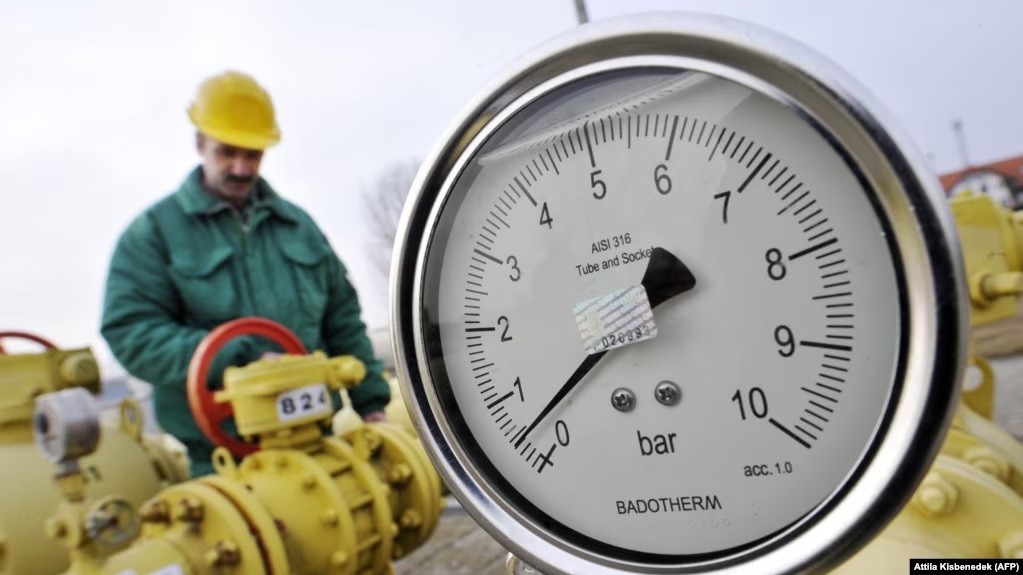 |
| The value of Russia's natural resource reserves is estimated at about 75,000 billion USD. (Source: AFP) |
According to research, Russia ranks first in the world in terms of the value of natural resource reserves. All the natural resource reserves that the country possesses are estimated at about 75,000 billion USD.
The United States ranks second with natural resources worth $45 trillion, followed by Saudi Arabia, with $34.4 trillion.
Fourth place belongs to Canada - 33,200 billion USD; fifth place is Iran - 27,300 billion USD.
The next countries in the list of 10 countries with the largest natural resources include China - 23,000 billion USD; Brazil - 21,800 billion USD; Australia - 19,900 billion USD; Iraq - 15,900 billion USD and Venezuela - 14,300 billion USD.
The study also found that more than half of the world's natural resources are located in these 10 countries. They hold more than 90% of the total value of global resources.
Such studies help to better understand the dynamics of the world economy and contribute to the development of resource management strategies in different countries, experts note.
The study was conducted on a country-by-country basis and included valuations of resources such as oil, gas, coal, timber, minerals and other natural resources.
* According to Reuters news agency (UK), the European Union (EU) has not secured enough long-term contracts for liquefied natural gas (LNG) to replace the gas supply cut off from Russia.
EU countries are now facing the possibility of higher energy costs next winter due to increased demand in China.
In 2022, the 27-member bloc has tried to reduce its dependence on Russian gas by increasing LNG imports from other suppliers to 121 million tonnes, up 60% from 2021.
Much of this is purchased by the EU on the spot market, where LNG prices are significantly higher than the costs negotiated under long-term contracts.
LNG prices have more than tripled by 2022, and the bloc has spent about $190 billion on the super-chilled gas, according to the International Energy Agency (IEA).
Morten Frisch Consulting senior partner Morten Frisch believes that the EU should buy about 70-75% of its LNG through long-term purchase agreements (SPAs).
“Europe has become too dependent on short-term, spot LNG purchases,” Mr Frisch said.
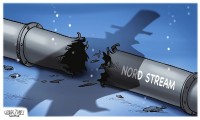 | Nord Stream pipeline explosion: UN 'helpless', is there a possibility that Russia will be compensated for damages? The United Nations is currently “unable to verify complaints related to the Nord Stream gas pipeline incident,” the... |
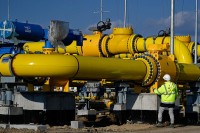 | Worried about no gas from Russia in winter, EU countries quickly do something special On March 28, European Union (EU) member states agreed to extend for another year the emergency measures ... |
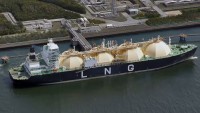 | Not wanting to use sanctions, the EU seeks to prevent LNG imports from Russia, Hungary opposes The EU has recently called on European companies not to sign new LNG contracts with Russia after the contracts ... |
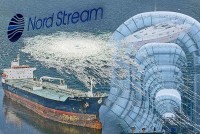 | Nord Stream pipeline explosion: Sweden discovers new details, clues about the culprit, what hope does Russia have? Six months after Russia's Nord Stream gas pipeline explosion, clues have emerged, but... |
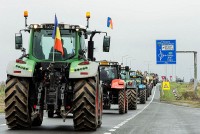 | Rebuilding Ukraine: Kiev plans to integrate into EU market, establish large gas storage center, 'faced' opposition from Romanian farmers Ukraine plans to integrate into the European Union (EU) internal market before becoming a full member. At the same time... |
Source


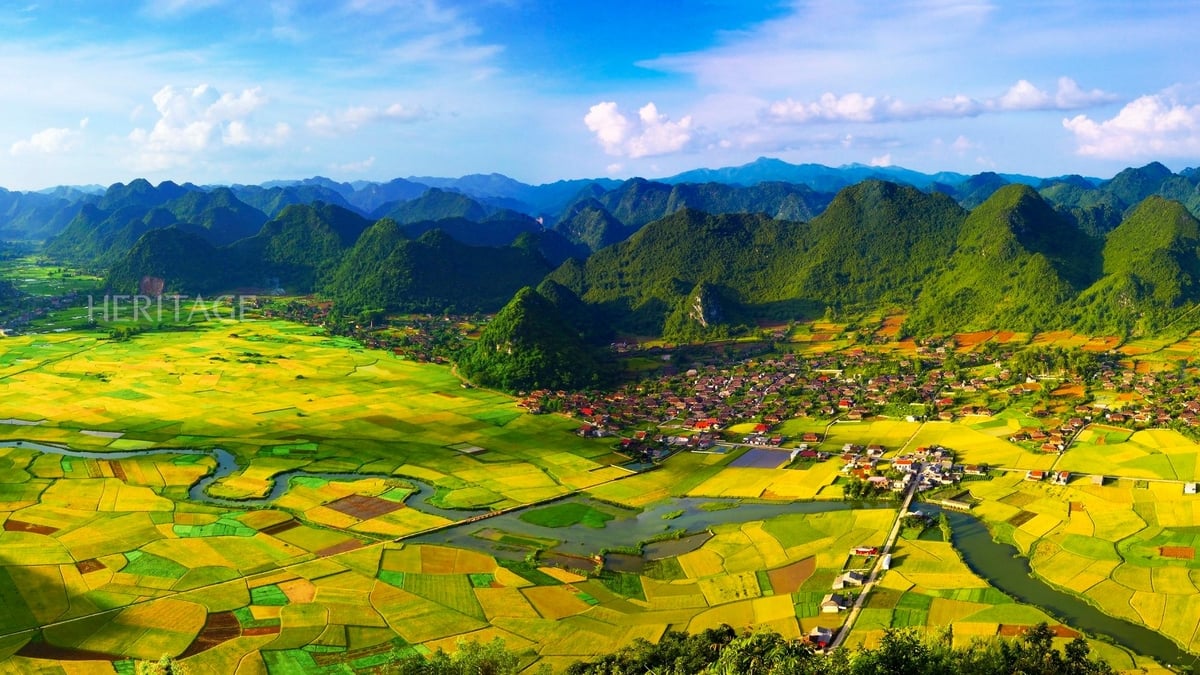

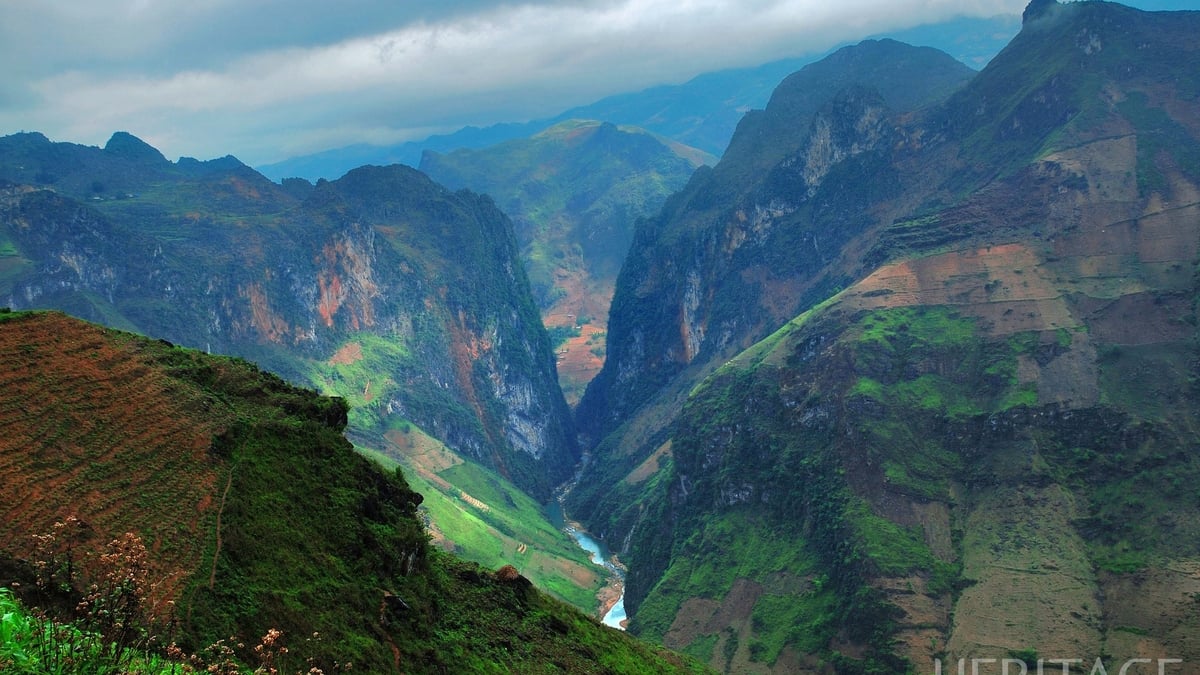

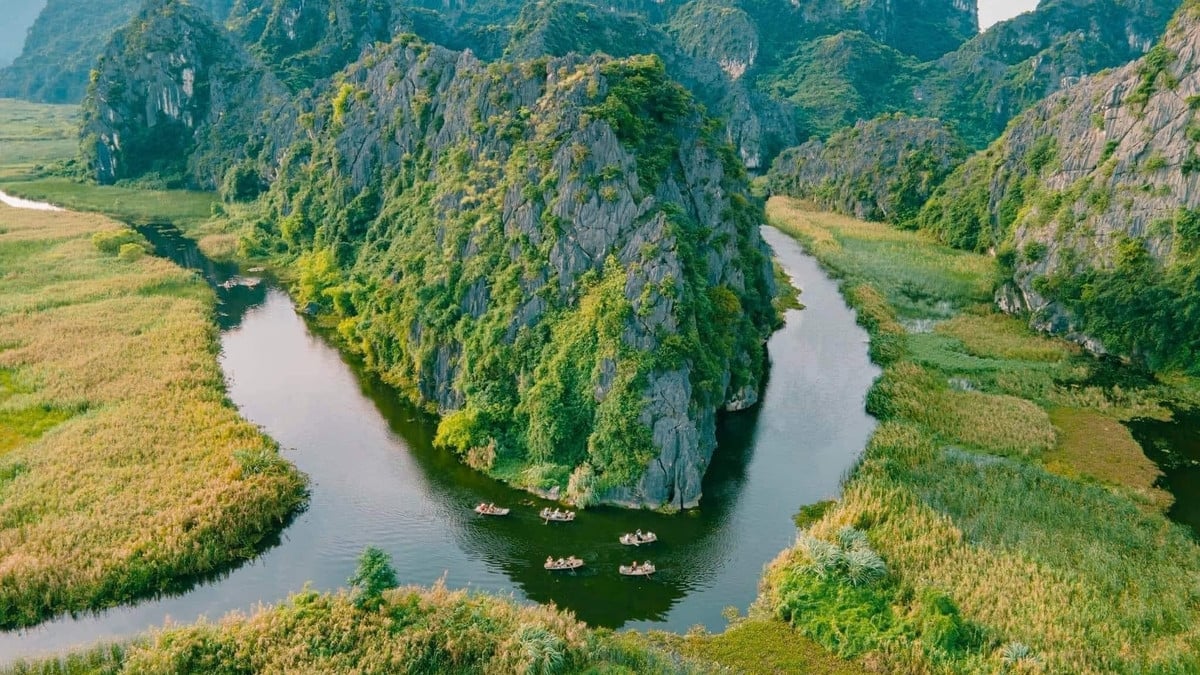

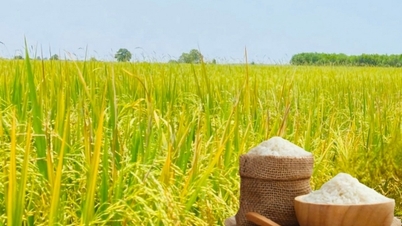

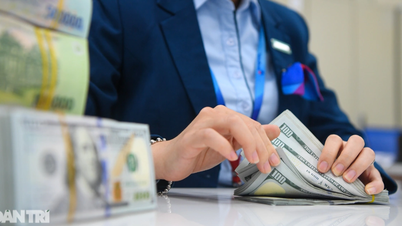

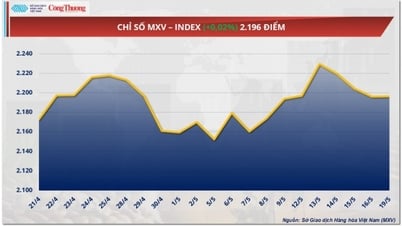

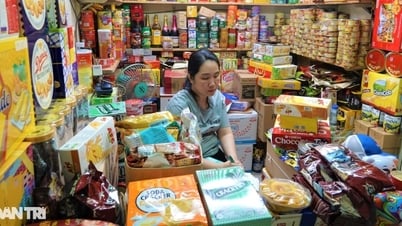
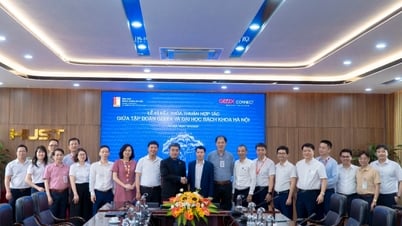




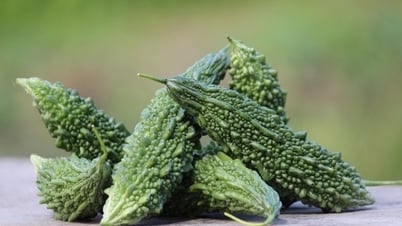

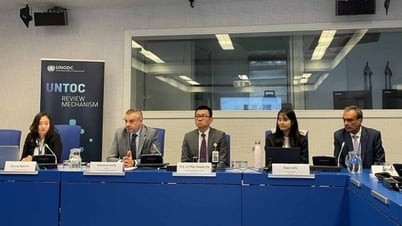


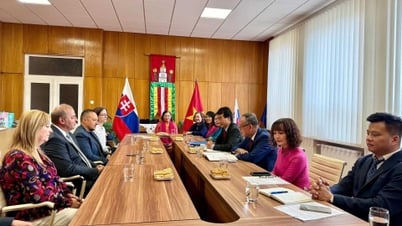
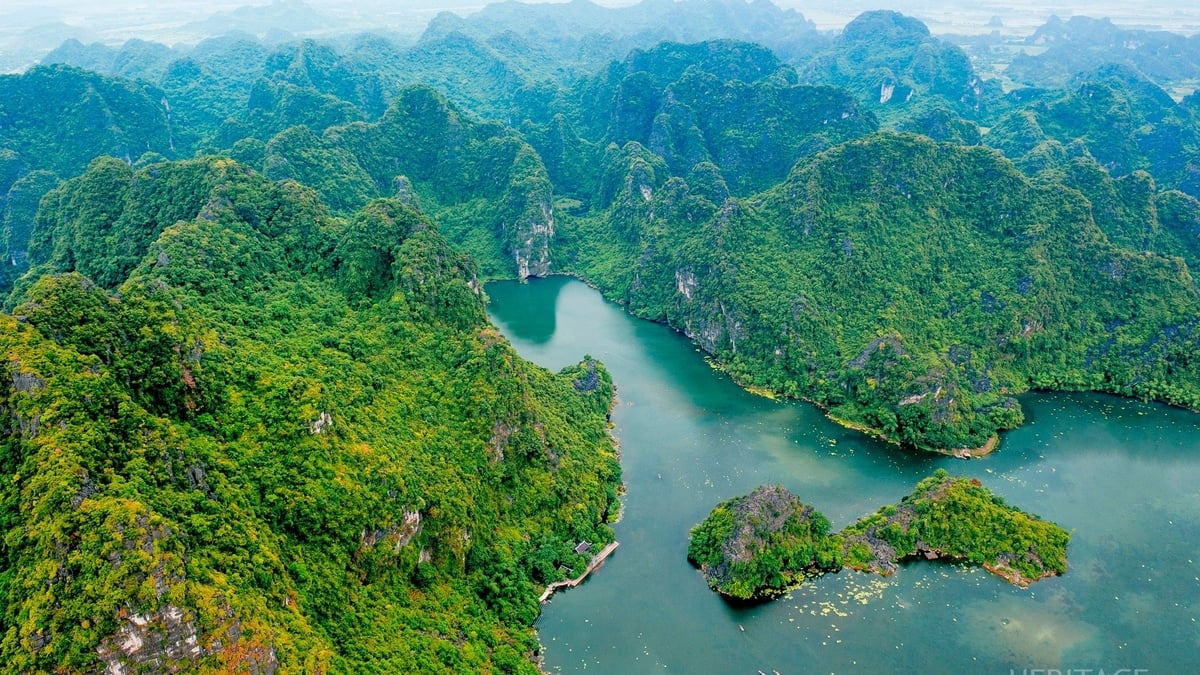


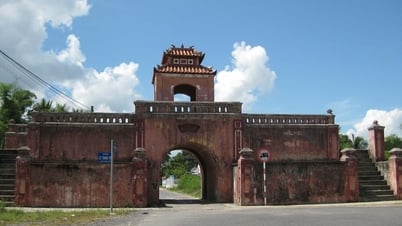
















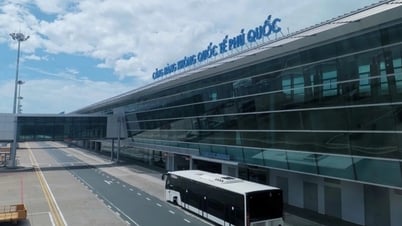







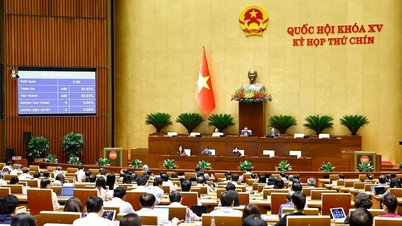

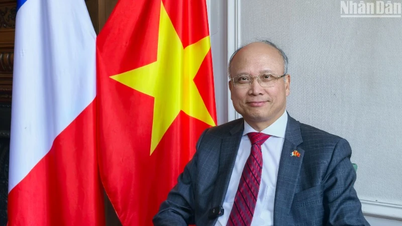




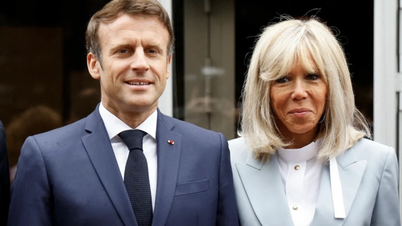





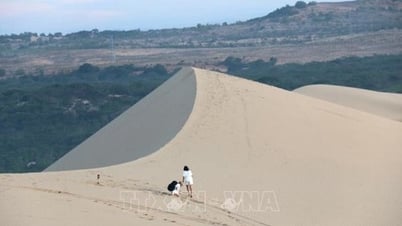





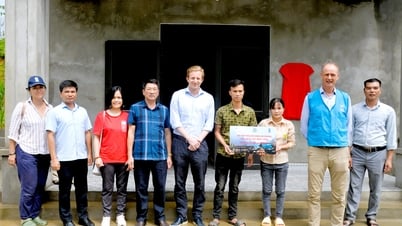

















Comment (0)